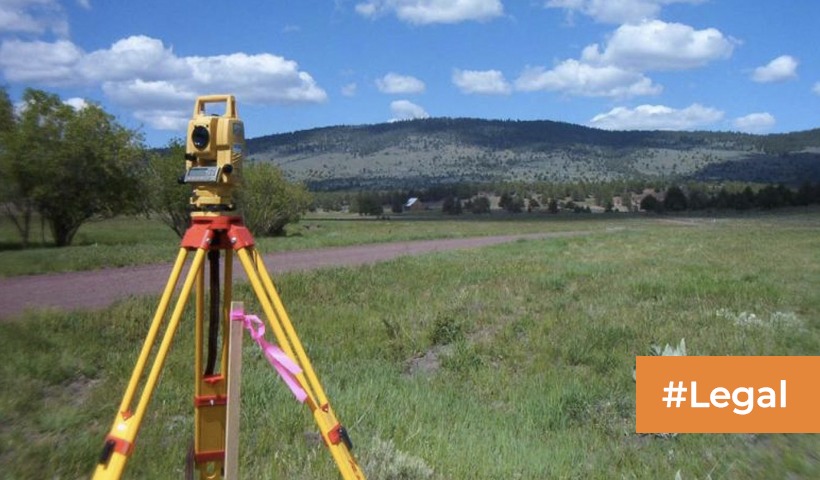Prima facie: Definition and application in a court of law
What exactly is prima facie?
Prima facie is a Latin term that means “at first sight,” “at first glance,” or “on first impression.” It has become commonplace in legal proceedings and implies that things are true unless proven differently. In civil and criminal law, the word means that a legal claim has substantial proof to continue to trial after an initial judgment.
A plaintiff or prosecutor has a multitude of evidence in a judicial case, which compels them to produce prima facie evidence for components of the allegations against the defendant. If a plaintiff fails to show prima facie evidence or if an opposing party provides strong conflicting evidence, the first claim will be rejected without the need for further parties to respond.
Understanding through an illustration
A plaintiff brings a lawsuit in civil court, alleging that a defendant’s activity or omission incurred them harm. Assume a firm makes a claim against a vendor for breach of contract because the vendor failed to deliver an order, resulting in a loss for the company. The complaint will include additional context such as the cause for the litigation, the nature of the loss/injury, and how the defendant may have led to it.
The court will decide if the matter has enough relevance to be heard in court before the trial begins. During the pre-trial examination, the judge may decide that there is sufficient evidence to establish a rebuttable presumption in favour of the plaintiff.
Nevertheless, just because a prima facie case proceeds to trial does not mean that the lawsuit will be won. If the plaintiff offers a plethora of proof in a civil action, the court will deem the claim genuine. If the plaintiff fails to provide adequate proof to substantiate its claim, the court will rule against her and dismiss the case. If the court determines that there is a prima facie case, the defendant must produce proof that defeats the prima facie case in order to prevail.
Disclaimer: The views expressed above are for informational purposes only based on industry reports and related news stories. PropertyPistol does not guarantee the accuracy, completeness, or reliability of the information and shall not be held responsible for any action taken based on the published information.




